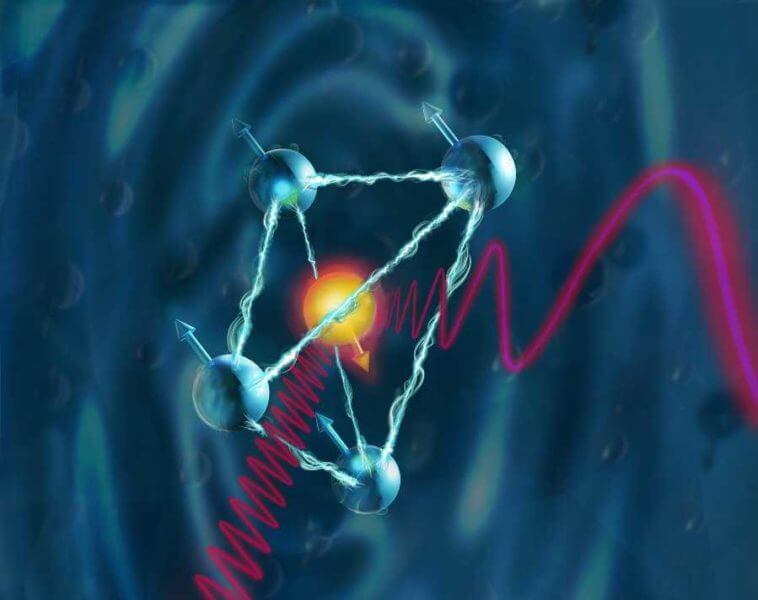Summary: Researchers at the National Center for Supercomputing Applications (NCSA) are working to address critical security vulnerabilities that quantum computers could exploit in the next decade. Their groundbreaking study reveals that current encryption methods are largely unprepared for the quantum computing era, with only a tiny fraction of systems currently implementing quantum-resistant security measures.
Reading time: 4 minutes
The Quantum Security Challenge
As quantum computing rapidly advances alongside artificial intelligence, researchers are racing to address a looming security crisis before it materializes.
“The problem is urgent because practical quantum computers will break classical encryption in the next decade,” says NCSA Research Scientist Phuong Cao. “The issue of adopting quantum-resistant cryptographic network protocols or post-quantum cryptography (PQC) is critically important to democratizing quantum computing.”
Measuring Current Preparedness
A comprehensive study by NCSA researchers has revealed concerning statistics about our readiness for the quantum era. “This is the first large-scale measurement of PQC adoption at national-scale supercomputing centers and our results show that only OpenSSH and Google Chrome have successfully implemented PQC and achieved an initial adoption rate of 0.029% at this time,” Cao reports.
Building Quantum-Resistant Infrastructure
“Transitioning to PQC algorithms across sectors will be a lengthy process,” explains NCSA researcher Anita Nikolich. “Our work will be the first step to understanding the scope of the problem in the scientific infrastructure community.”
The research team has received a $200,000 award from the National Science Foundation to develop quantum-resistant security measures for supercomputing applications. This initiative will help universities and research centers protect sensitive data from future quantum computing threats.
The Path Forward
“Quantum computing’s inherent uncertainty presents a unique opportunity to both obscure cryptographic computations and develop novel applications that exploit this uncertainty,” notes Ravishankar Iyer, one of the project’s co-principal investigators.
The project will serve as a national example for transitioning cyberinfrastructure to become quantum-resistant, helping build public trust in scientific computing security.
Glossary
- Post-quantum cryptography (PQC): Encryption methods designed to resist attacks from quantum computers
- Cyberinfrastructure: The computing systems, data storage systems, and other tools that support advanced data acquisition and research
- Quantum computing: A type of computing that uses quantum phenomena to perform calculations
- Classical encryption: Traditional encryption methods used in current computer systems
Knowledge Check Quiz
- Question: What is the current adoption rate of quantum-resistant security measures in studied systems?
Answer: 0.029% - Question: When are practical quantum computers expected to break classical encryption?
Answer: In the next decade - Question: Which two systems have successfully implemented PQC so far?
Answer: OpenSSH and Google Chrome - Question: How much funding has the NSF awarded for this quantum security research?
Answer: $200,000
Enjoy this story? Get our newsletter! https://scienceblog.substack.com/


